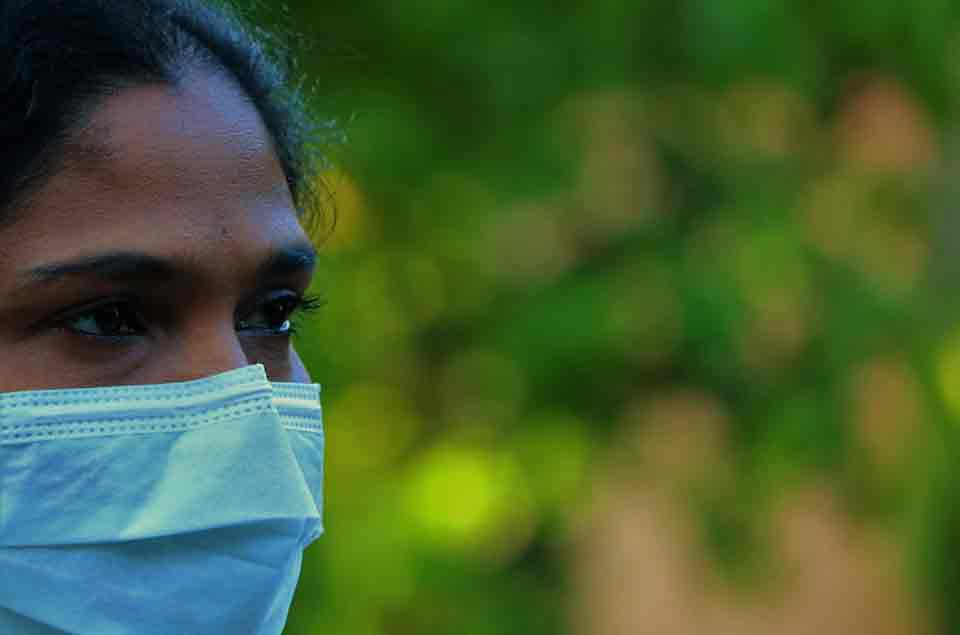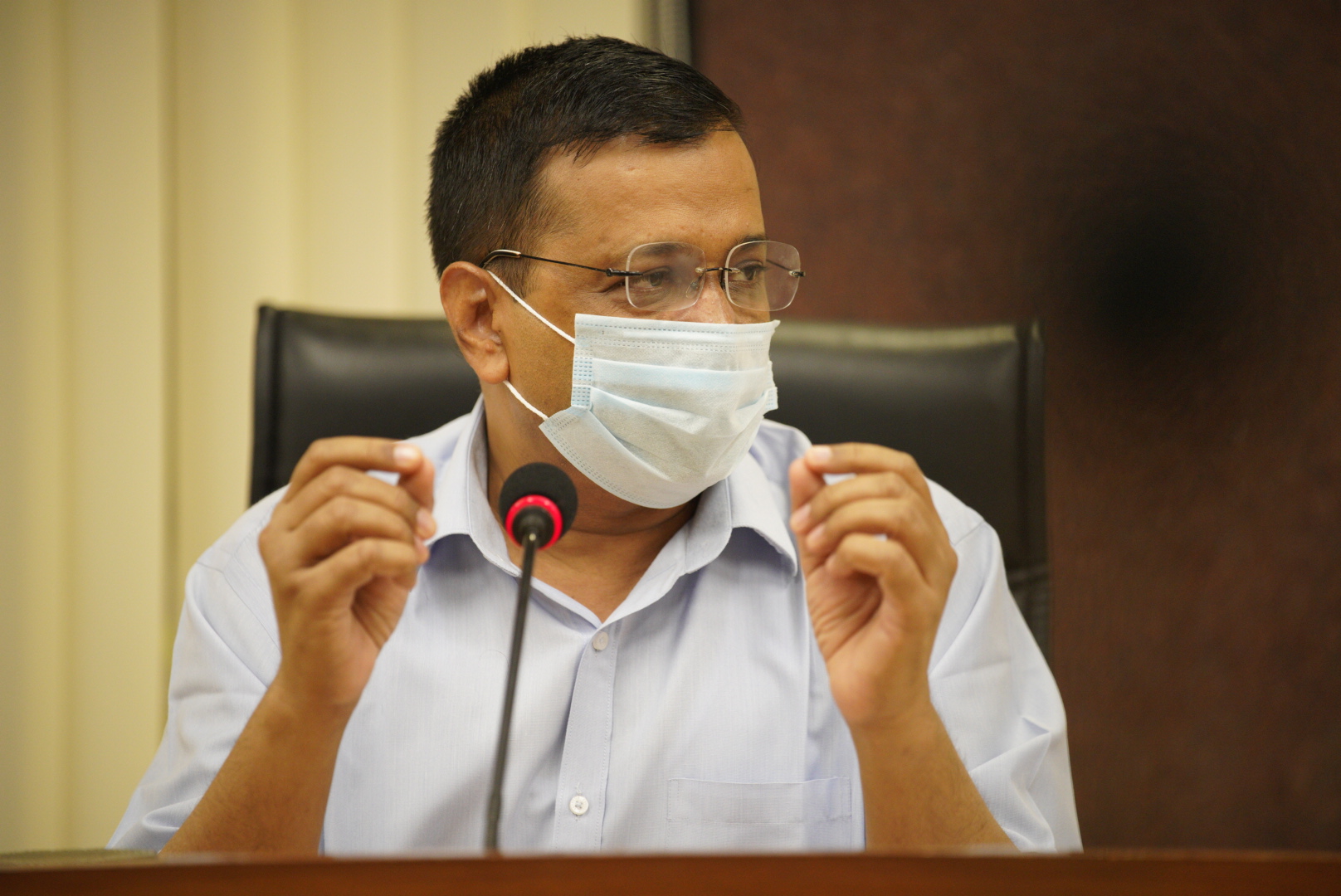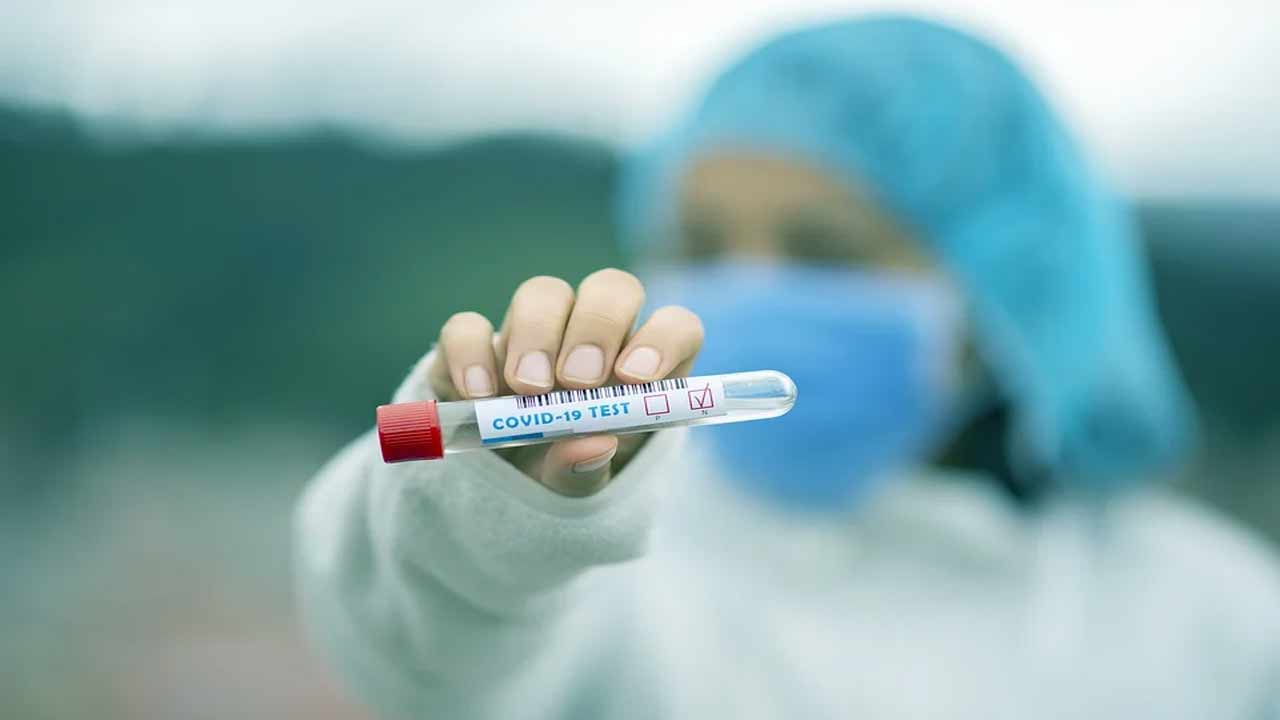Government leaders, members of civil society, the UN, academia, the private sector from across the world participated at the two-day virtual event Lives in the Balance and spoke out about the devastation of the COVID-19 pandemic on women’s, children’s, and adolescents’ health, and unveiled targeted, time-bound commitments for focused action.
The Lives in the Balance event, attended by more than 1000 global citizens, was organized by The Partnership for Maternal, Newborn & Child Health (PMNCH) a multi-constituency partnership hosted by the World Health Organization (WHO), together with the CORE Group, the Global Financing Facility for Women, Children, and Adolescents, and Gavi, the Vaccine Alliance.
Key Speakers included Anuradha Gupta, CEO, Gavi, the Vaccine Alliance; Lopa Banerjee, Chief of the Civil Society Section at UN Women; Vandita Morarka Founder & CEO, One Future Collective, India besides Helen Clark – former Prime Minister of New Zealand and Board Chair of PMNCH, Mia Mottley – Prime Minister, Barbados, Michelle Bachelet – UN High Commissioner for Human Rights, Borge Brende – President, World Economic Forum, Jennifer Klein – Executive Director, White House Gender Policy Council, USA.
“COVID-19 has exacerbated underlying inequities, with vulnerable populations that are already living on the margins and are so often bereft of basic health services being hardest hit. The knock-on impact of the pandemic on childhood vaccination in lower income countries has been devastating, with millions of children missing out on timely, life-saving immunizations,” said Anuradha Gupta, Deputy Chief Executive Officer of Gavi, the Vaccine Alliance.
These commitments respond to rising need. Given that progress toward the UN Sustainable Development Goals (SDGs) related to women’s, children’s, and adolescents’ health was already off track by some 20 per cent before the crisis, the COVID-19 crisis has highlighted the need for dedicated action for the most vulnerable.
“Taken together, the direct and indirect effects of COVID-19 have rolled back decades of global effort, and threaten to disrupt the future trajectory for progress and development massively”, said Helen Clark, Board Chair of PMNCH and former Prime Minister of New Zealand. “COVID-19 is deepening and magnifying social inequalities compounded by ethnicity, gender, income, geography, and other factors. We must act now, not just to protect progress previously made, but also to work towards a world that is far more equitable than the one that existed before the pandemic.”
A seven-point Call to Action on COVID-19, backed by PMNCH’s 1,000-member platform, seeks to protect and prioritize the rights and health of women, children, and adolescents during the COVID-19 response and recovery. The Call seeks to strengthen investment, policies, and services for the recovery of health services, as well as protection of rights and future socio-economic resilience. The statements, aligning with the PMNCH Call to Action, outlined a significant array of efforts to improve SRHR, gender equality, service quality, and adolescent health and well-being, among other priorities.
In addition to the ongoing and catastrophic direct impact of COVID-19 in many parts of the world, women, children, and adolescents are affected indirectly because of widespread disruptions to essential health, nutrition, and social services under lockdown conditions. This increases the risk of mortality and morbidity, including from treatable and preventable causes, denying the right to protection and care.
For example, UNFPA estimates that, in 2020, twelve million women experienced disruptions in family planning services due to the pandemic, with an estimated 1.4 million unintended pregnancies across 115 low- and middle-income countries. Additionally, a recent Global Financing Facility review of 36 partner countries showed there has been up to a 25 percent drop in coverage of essential health interventions, hitting women and children the hardest. One-third of countries report interruptions to routine immunization services due to lockdown conditions. The redeployment of primary health workers to COVID-19 duties; community reluctance to visit health clinics for fear of infection; and income losses have compounded the problem of reduced access.
Yet the needs of women and children are too often invisible in policy responses to COVID-19. Global Health 50/50 reports that more than 80 per cent of all COVID-19 health-related activities implemented by assessed global health institutions have failed to take gender into account in programme design.
Women, who according to WHO make up 70 per cent of the global health and social workforce and bear the largest share of COVID-19 infections among health workers, hold only 25 per cent of senior positions in national COVID-19 response leadership teams. The next round of national and ODA commitments, aligned with the PMNCH Call to Action on COVID-19, will be announced in September 2021.
At the previous “Lives in the Balance” meeting in December 2020, ten national governments including India had made a pledge of $20.6 billion and issued statements describing their national and ODA commitments to prioritizing women’s, children’s and adolescents’ health in COVID-19 response plans. India had pledged $2 billion out of $20.6 billion with an enhanced focus on women, children, adolescents and the most vulnerable.











